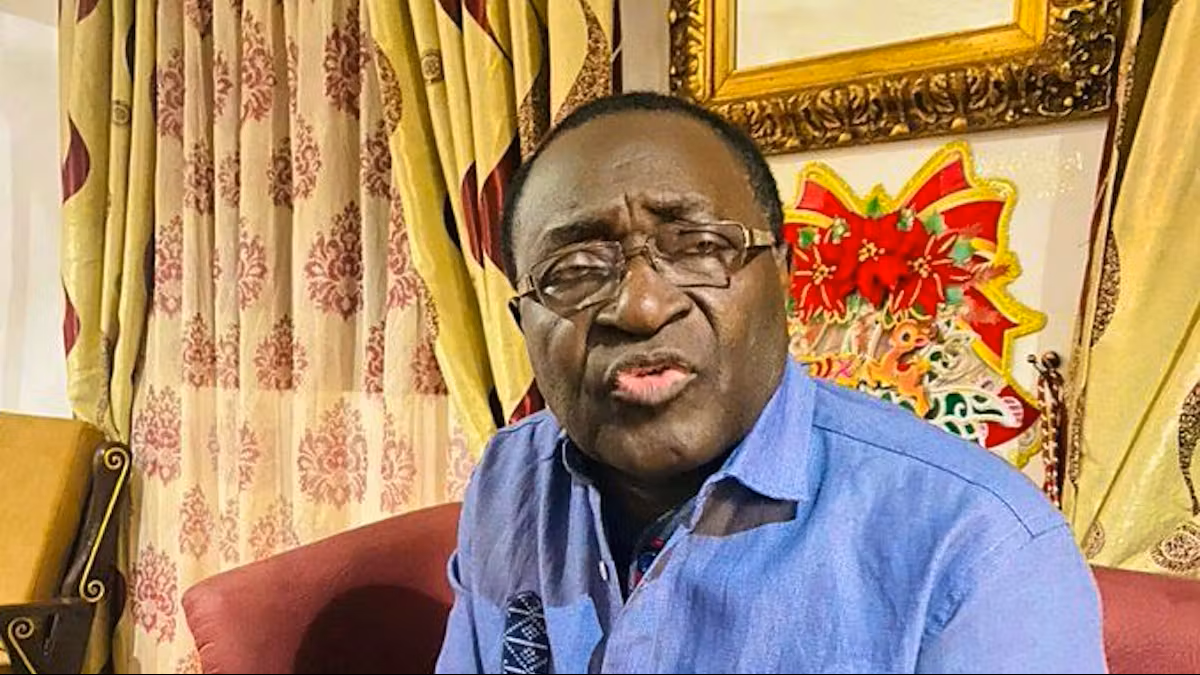
Burkinabe opposition leader Hermann Yaméogo has been released after more than 24 hours in illegal detention, following his abduction by armed men in the capital, Ouagadougou.
The incident has amplified concerns about the increasing use of extrajudicial methods by the country’s ruling military junta to suppress dissent.
Mr. Yaméogo, president of the National Union for Democracy and Development (UNDD), was seized from his home on Saturday, July 26, by unidentified individuals in civilian clothing.
According to his relatives, the abduction was in retaliation for a social media post in which he criticized the transitional regime under Captain Ibrahim Traoré, calling Burkina Faso a nation “suspended above the void.”
The veteran politician, who was taken to the National Intelligence Agency (ANR), was reportedly treated with “courtesy,” yet was deprived of food and water throughout his detention.
Concerns about his fragile health are believed to have prompted his release on the evening of Sunday, July 27.
Mr. Yaméogo, a prominent political figure and the son of Burkina Faso’s first post-independence president, has long stood as a symbol of democratic resistance.
His latest column sharply condemned the military leadership’s “ineffective choices” and urged a political course correction to address the nation’s worsening crisis.
His case, however, is not unique. For more than a year, the junta has been accused of employing abductions and arbitrary arrests to silence opposition voices, journalists, and civil society activists.
Human rights groups and observers warn that these practices are eroding civil liberties and instilling a climate of fear across the country.
While his release offers temporary relief, it also underscores the perilous state of political freedoms in Burkina Faso. As the nation grapples with jihadist insurgencies and the uncertainty of its transitional roadmap, dissenting voices like Yaméogo’s remain at the forefront of a fragile fight for democratic expression.



